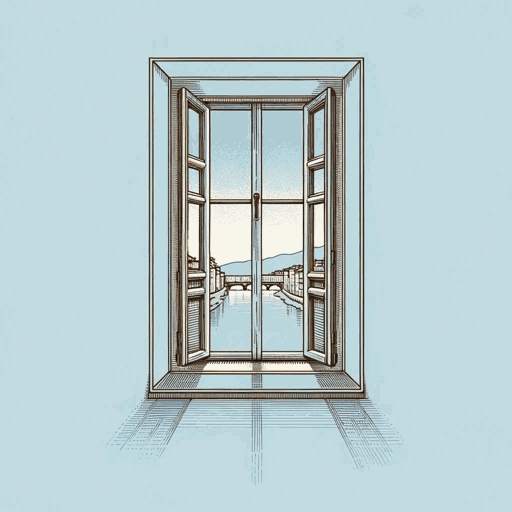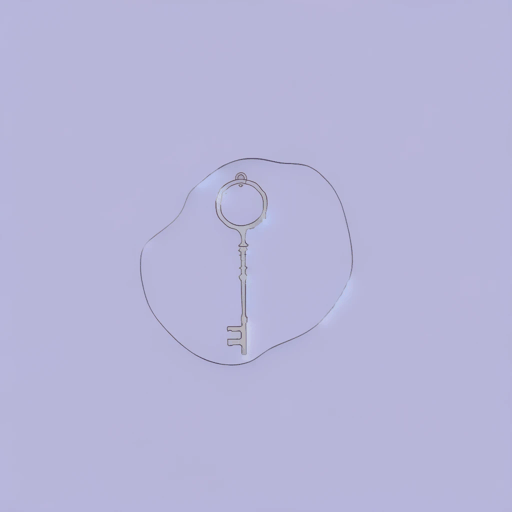27 pages • 54 minutes read
E. M. ForsterThe Celestial Omnibus
Fiction | Short Story | Adult | Published in 1911A modern alternative to SparkNotes and CliffsNotes, SuperSummary offers high-quality Study Guides with detailed chapter summaries and analysis of major themes, characters, and more.
Important Quotes
“But Mr. Bons was serious as well as kind. He had a beautiful house and lent one books, he was a churchwarden, and a candidate for the County Council; he had donated to the Free Library enormously, he presided over the Literary Society, and had Members of Parliament to stop with him—in short, he was probably the wisest person alive.”
(Paragraph 1.6)
This quote elucidates Mr. Bons’s intellectual resumé and suggests his importance in the wider community. Furthermore, the relative beauty of his house, familiarity with politicians, and record of charity establish his position as upper class, relative to the boy’s family. While the boy genuinely admires Mr. Bons’s many titles, E. M. Forster uses them to suggest his superficiality.
“‘Dear Mr. Bons, we aren’t such Philistines as that. Two at the least. One a wedding present, and the other, smaller print, in one of the spare rooms.’
‘I believe we have seven Shelleys,’ said Mr. Bons, with a slow smile.”
(Paragraphs 1.12-1.13)
Though the boy’s mother attempts to establish intellectual parity with Mr. Bons, her response only convinces him of her “inferiority.” In admitting the family only owns a few volumes of Romantic poet Percy Bysshe Shelley’s work, she belies disinterest in Shelley. Mr. Bons recognizes an opportunity to assert intellectual superiority, but ultimately shows a shared weakness for pretense.
“After No. 39 the quality of the houses dropped very suddenly, and 64 had not even a separate servants’ entrance. But at the present moment the whole road looked rather pretty, for the sun had just set in splendour, and the inequalities of rent were drowned in a saffron afterglow.”
(Paragraph 1.15)
This quote expands on the boy’s neighborhood’s class discrepancies. The boy is aware of these discrepancies and sees them reflected in architectural styles. However, he is nevertheless sensitive to the sunset’s power, admitting beauty transcends classism.
Related Titles
By E. M. Forster

A Passage to India
E. M. Forster

A Room with a View
E. M. Forster

Aspects of the Novel
E. M. Forster

Howards End
E. M. Forster

Maurice
E. M. Forster

The Machine Stops
E. M. Forster

Where Angels Fear to Tread
E. M. Forster

